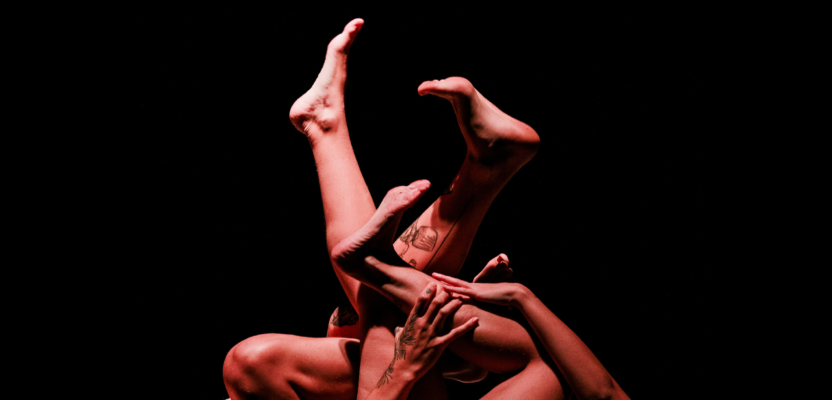
INTEGRATING STREET DANCES INTO THE CULTURAL LANDSCAPE OF BRUSSELS
Extract from the dissertation by Amanthe Bazas
In the effervescent hip-hop culture scene, and more particularly in the world of street dance, a crucial issue is emerging: the professionalisation of dancers. At the crossroads of artistic expression, socio-economic issues and the quest for recognition, the professionalisation of hip-hop dancers in Brussels is becoming a key issue.
By studying the many facets of this dynamic, and examining the factors, obstacles and roles of the players involved in this complex process, we realise that while there is little data on the practice of street dances in the cultural space of Brussels, they all point to a lack of opportunities for the professional practice of so-called urban dances.
Born of the spirit of protest in the 1980s, street dances in their many forms are often confronted with a questioning of their legitimacy as an artistic practice. They are much less recognised, both institutionally and professionally, as well as aesthetically, since they respond to different codes to which institutions are often unaccustomed.
Hip-hop culture is an extremely free culture that is built up innately, above all through its participants. It is also an art form that has historically developed in the street. Although training sessions and certain events still take place in the public space, more and more people are working to bring the practice into dedicated venues, whether for freestyle or creation. However, the aim is not to bring what is done in the street into theatres, or to create something contemporary, but to add a new dimension to culture.
The aim is not to transform a “non-art form into an art form”, but to recognise the practice of so-called urban dance, in all its forms, as an art form in its own right.
If the legitimacy of an art depends on building lasting artistic careers that are recognised by as many people as possible, then it is necessary to aim for a long-term future for street dances. This requires intermediaries and structures dedicated to this maintenance mission. It also needs to be established on a long-term basis within the major programming and funding institutions, which tend to relegate the funding allocated to the urban sector to the background due to their lack of knowledge of it.
This is where organisations like Get Down come in, with the aim of promoting street dance and effectively professionalising the artists they support.